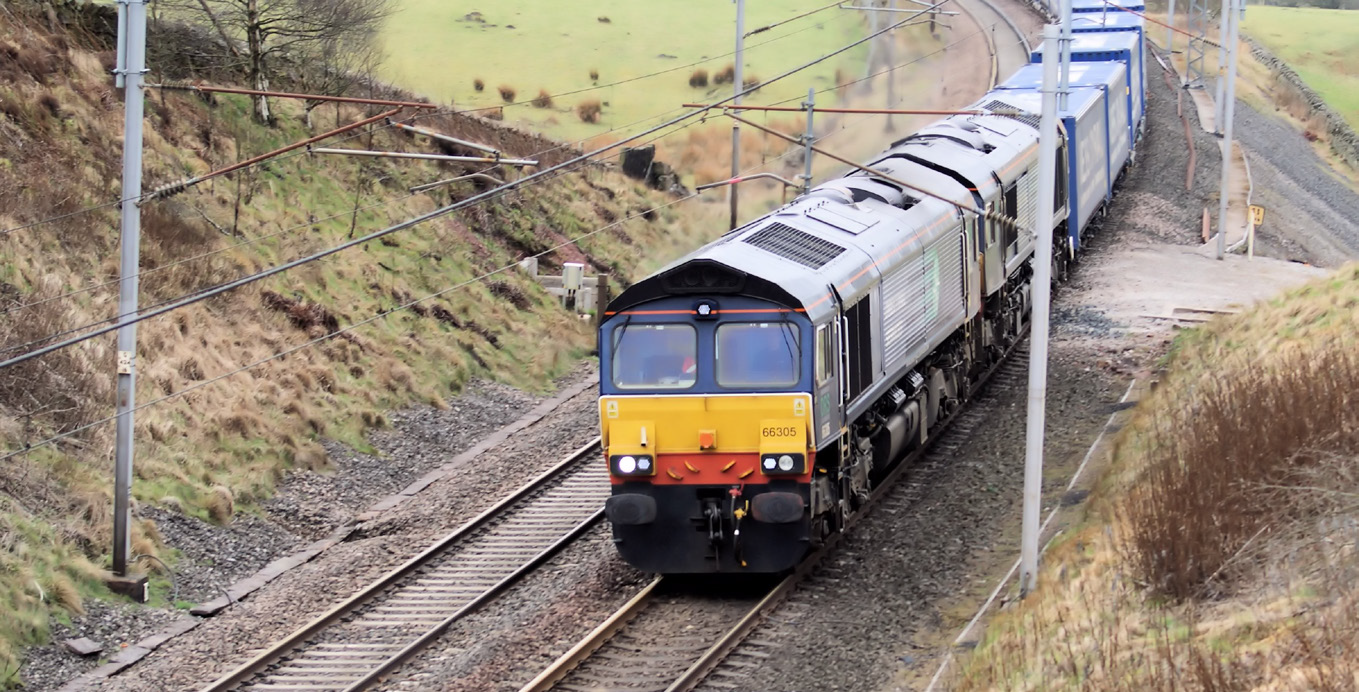
A new report from industry group Rail Partners, whose members include Colas Rail, DB Cargo, DRS, Freightliner and GB Railfreight, outlines how operators will work in partnership with government to deliver the economic and environmental benefits of freight, through investment in trains, its workforce, and new technologies.
The ‘Freight Britain: An engine for green growth’ report’s five policy recommendations include a call for government to address the widening cost gap between rail and road freight, to help businesses choose rail over more polluting transport modes.
According to Rail Partners, freight access charges on certain rail freight flows have increased in nominal terms by 105% (bulk) and 80% (intermodal) since 2010, while the main rate of fuel duty was cut by one penny at Budget 2011 to 57.95 pence per litre, was frozen since then, and has been temporarily reduced by 5 pence per litre since 2022.
Andy Bagnall, Chief Executive, Rail Partners, said: “Rail freight operators want to invest in better, greener trains and freight facilities, to do so they need government to work in partnership with them and create a favourable environment for growth.
“That means providing confidence around access to the network and investment in capacity, and commitments to support rail freight as a critical step towards wider environmental targets and net zero.
“Increasing rail freight services has the backing of all the main parties, so government should have the confidence to invest in tangible support, from targeted infrastructure investment to the right incentives to encourage customers to switch to rail, helping to decarbonise supply chains.’
John Smith, Chief Executive Officer, GB Railfreight and chair of Rail Partners’ Freight Council, said: ‘In recent years freight operating companies have invested in facilities, talent and rolling stock to prepare ourselves for the transition to net zero. Collectively, we as an industry are able to help the UK decarbonise its supply chains and in doing so remove HGVs from our road network, which will benefit the wider country.
“With small interventions from government that provide long-term stability, further private sector investment can be unlocked that will drive the growth of rail freight across the country."